From trash to treasure: Hebei youths turn old hut into sustainable living hub in Pingtan
en.ptnet.cn | Updated:2024-12-11 | Lin Kongbo, Stephanie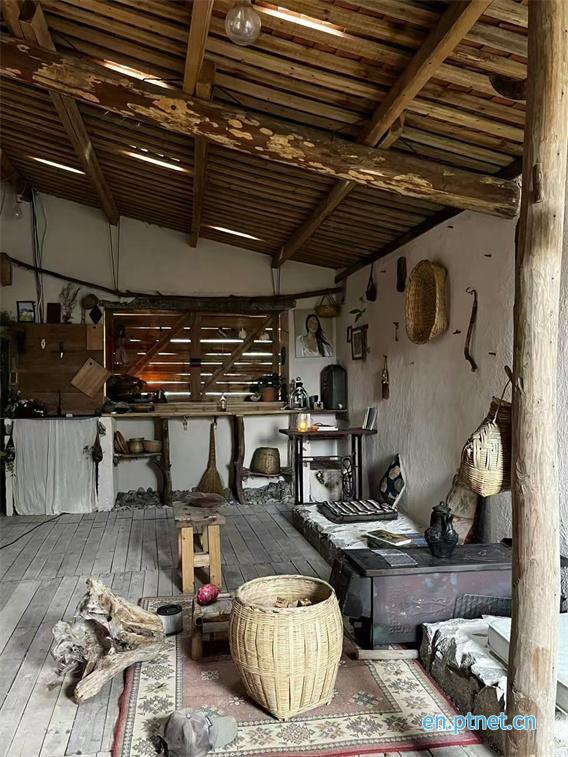
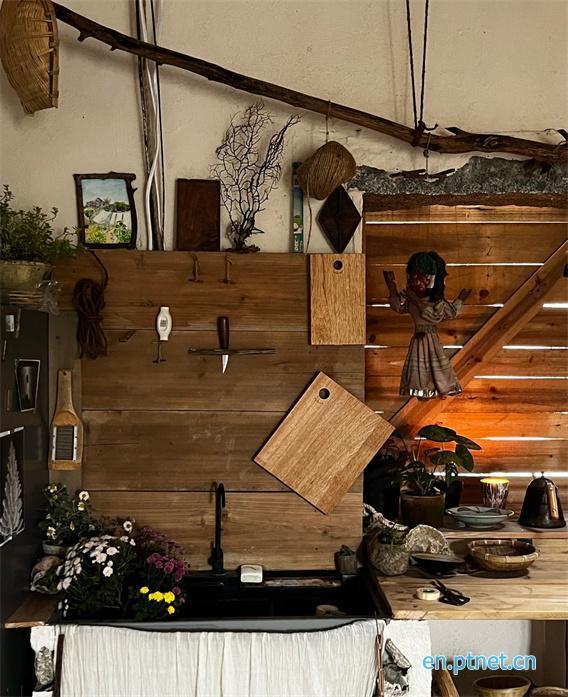
A corner of Lei Lei's home
On the coast of China's picturesque Pingtan Island, an old, weathered stone hut is undergoing a remarkable transformation. While others might envision it as a luxury seaside retreat or a romantic café, Lei Lei and his partner Bi Yi have a different vision. They're turning it into a sustainable living store and a "zero-waste homestay," embodying their commitment to environmental conservation.
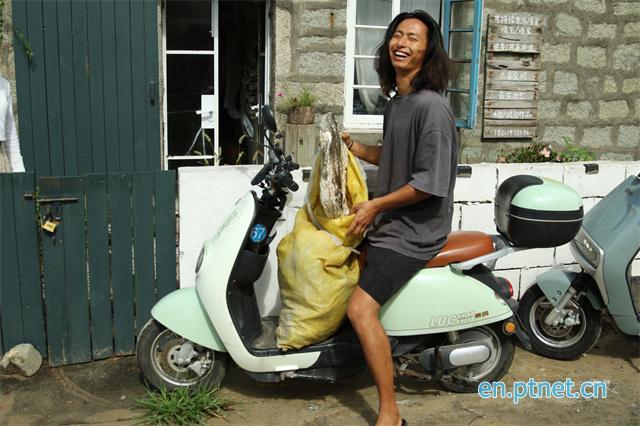
Lei Lei pictured transporting the trash collected during the day
Lei Lei, a free-spirited photographer with long black hair and an earthy demeanor, met Bi Yi after ending their world travels in 2022. Choosing Pingtan as their new home, they embarked on a mission to protect the island's natural beauty through innovative and eco-friendly initiatives.
"Pingtan is a stunning island, perfect for living," Lei Lei shares enthusiastically. "We wanted to contribute to preserving its natural ecosystem in any way we could."
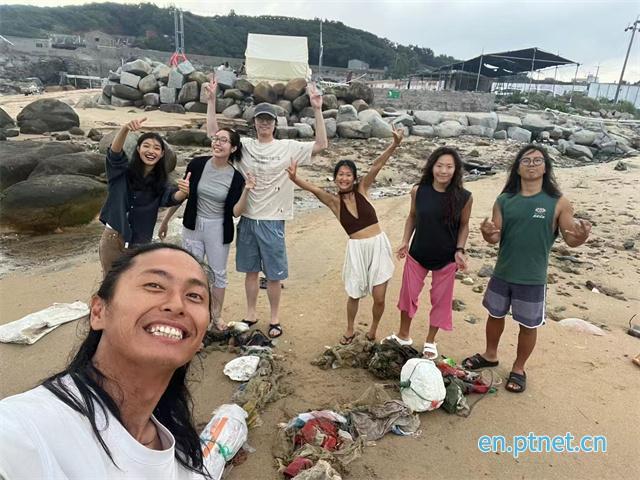
Lei Lei (front) and environmental enthusiasts participating in a beach cleanup
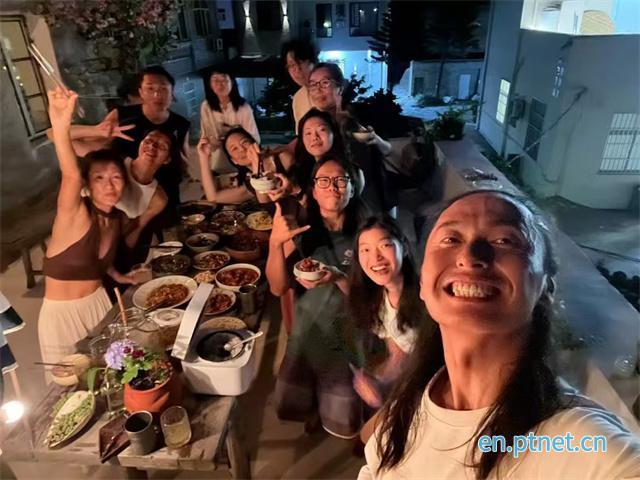
Lei Lei and environmental enthusiasts pictured enjoying a vegetarian dinner together
Inside their first sustainable living space, the atmosphere is one of serene nature. The floors are crafted from reclaimed wooden planks, and the walls are adorned with handmade crafts created from discarded materials they've collected. Visitors can exchange a bag of collected trash, a pledge to eat vegan for a day, or a reduction in their carbon footprint for a day's stay in the hut.
"Here, you can stay, sip tea, paint, meditate—whatever you wish," Lei Lei explains. "We hope to connect with like-minded individuals who appreciate the quiet and the connection to nature."
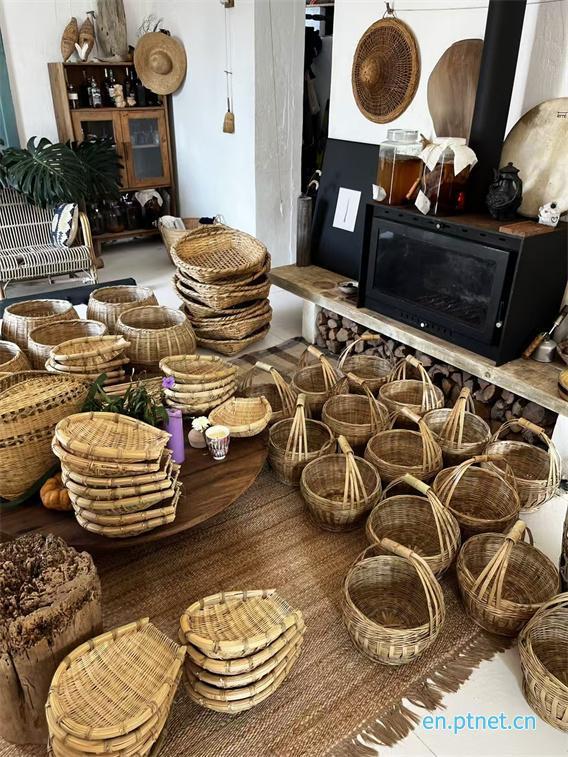
Baskets made of bamboo ready for sale in the sustainable living store
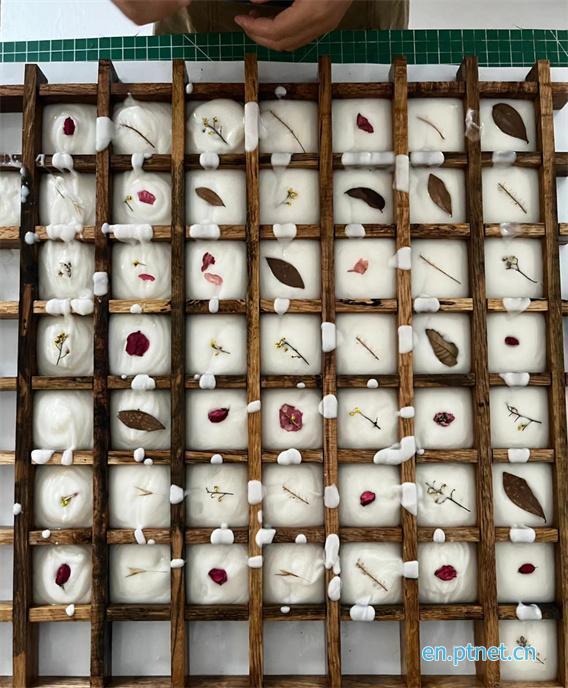
Handcrafted soap made by Bi Yi
Their sustainable living store, located on the ground floor, operates on a semi-self-service model. The products, all biodegradable, include wooden spoons made from driftwood, bamboo toothbrushes, handmade soap from recycled oil, trays crafted from oyster shells, and decorative items from plastic foam.
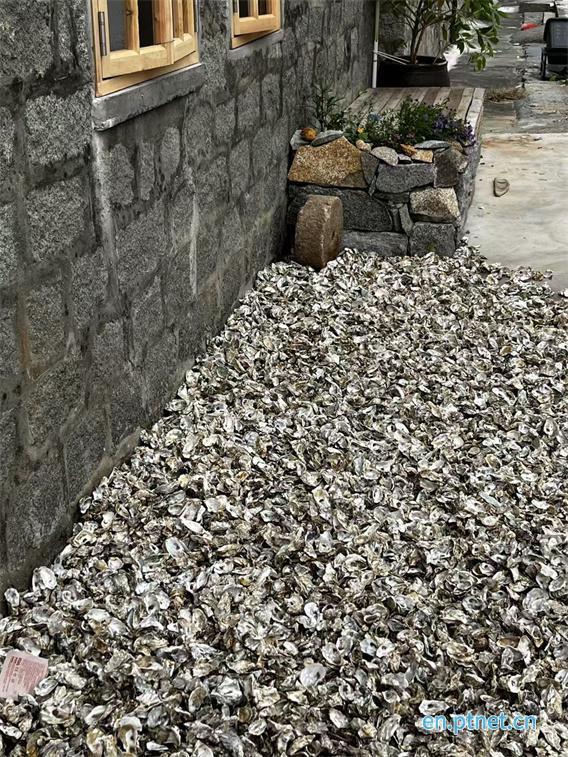
Lei Lei cleans oyster shells, preparing them for eco-friendly paint
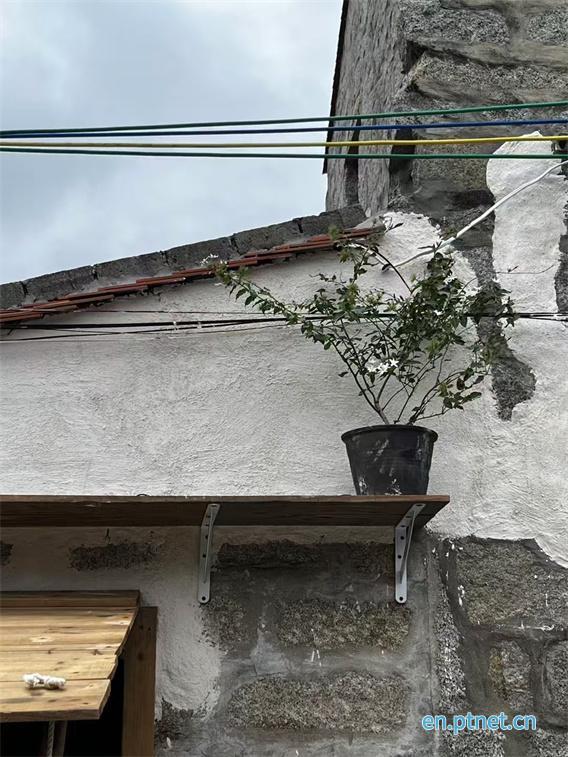
Exterior wall painted with eco-friendly paint made from oyster shells
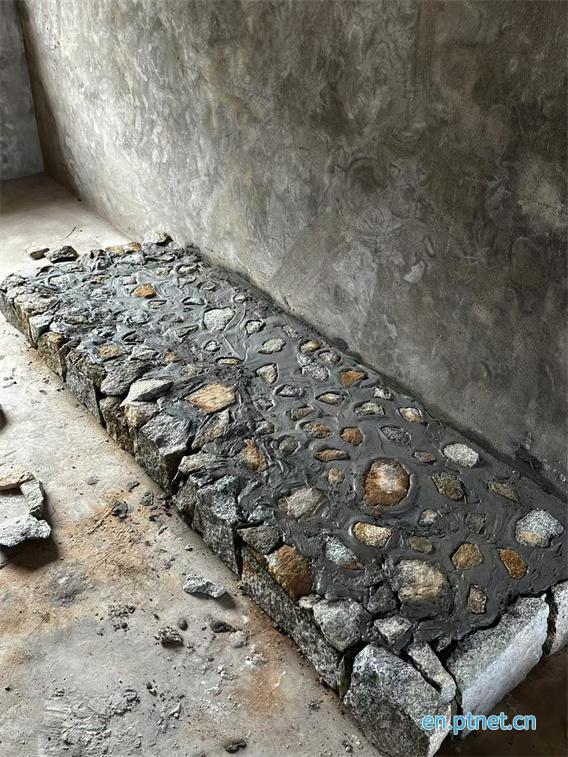
Resting area crafted from discarded stone materials
"Many waste materials are naturally beautiful and can be easily transformed," Lei Lei notes.
Upstairs, the "zero-waste homestay" offers a unique experience. Guests enjoy a free vegetarian lunch, participate in beach clean-ups, and can purchase eco-friendly souvenirs from the store. One recent guest, Xiaoye, an urban dweller from Shanghai, found the experience transformative.
"I never imagined participating in environmental protection could be so enjoyable and meaningful," Xiaoye enthuses.
Lei Lei and Bi Yi's efforts have not only beautified their surroundings but also inspired a community. Regularly, environmental organizations and volunteers join them in beach clean-ups, embracing the "zero-carbon" lifestyle.
"We want people to see that being environmentally friendly can be joyful and fulfilling," Bi Yi says. "We hope more people will join us and explore the possibilities of sustainable living on Pingtan Island."
With their second sustainable living space underway in Houtian Village, Lei Lei and Bi Yi are setting a green precedent that resonates far beyond their humble stone hut.

 Fujian Public Security Registration Code: 35012802000271
Fujian Public Security Registration Code: 35012802000271